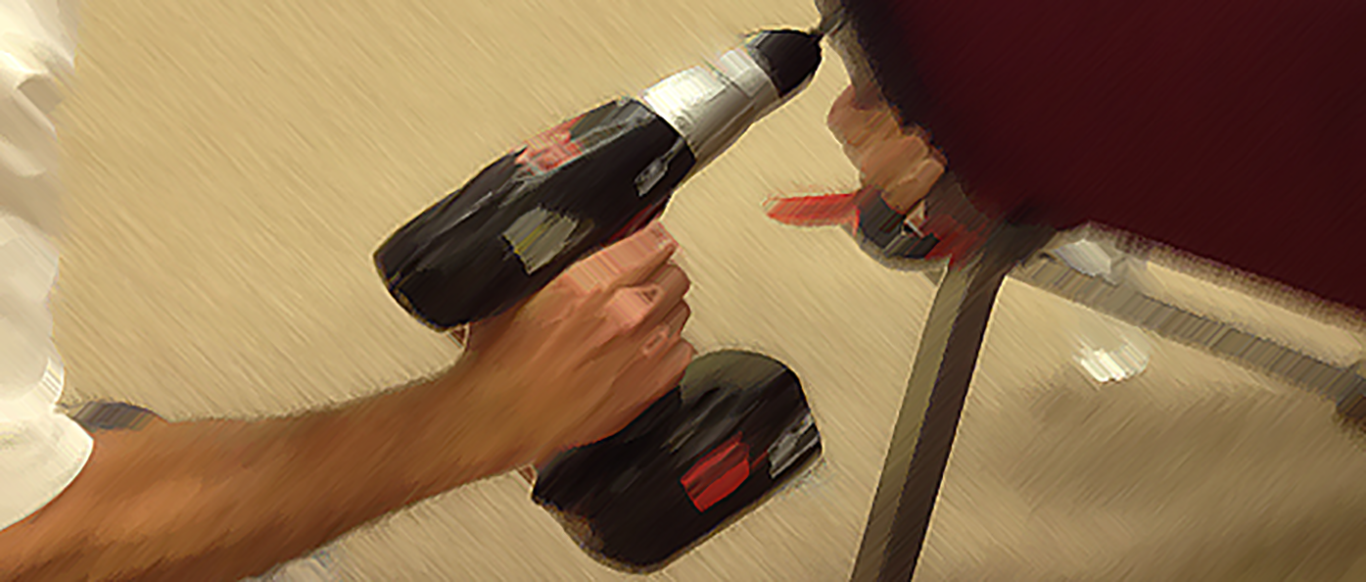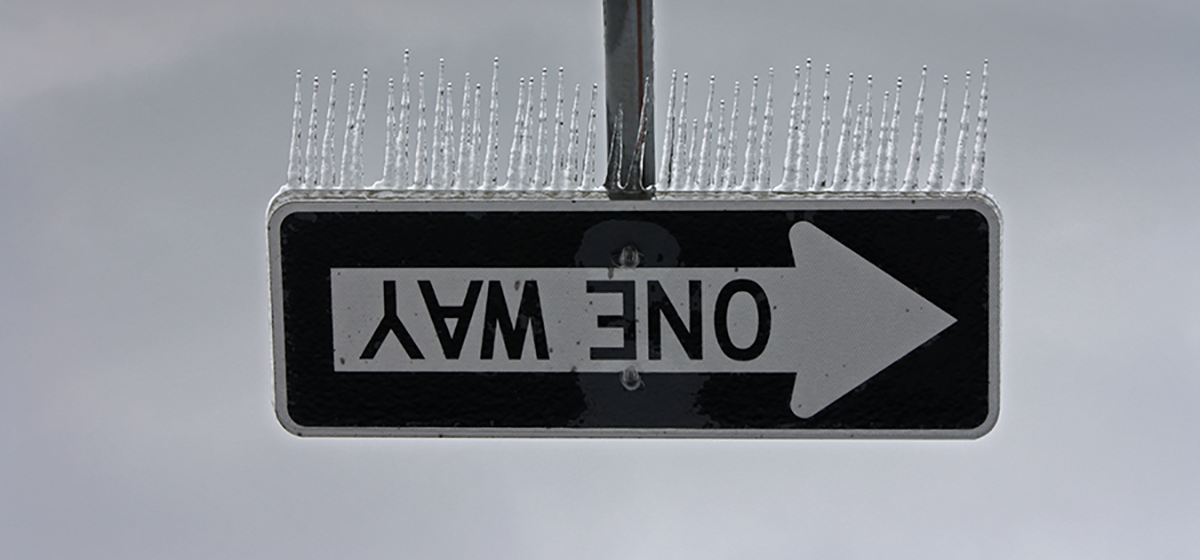Once upon a time there were two brothers, Cant and Able. Their father, Dadam, was generally a hardworking fellow, but their mom, Meve, was subject to distraction and vain, self-centered pursuits of pleasure. Dadam expected his sons to contribute to the family. He modeled a good work ethic, made lists of chores, explained his expectations clearly, and parceled out various duties to his sons. Meve also expected the boys to help out, primarily because she did not care to do chores herself. She did like to point out things that needed to be done, how things were done wrong, or how things could be done better.
Able worked hard. He routinely completed his assignments, maintained a cheerful spirit, and persevered in spite of occasional hardships. Even after suffering injury, he would insist on doing his chores and grit his teeth through the pain, sometimes for weeks. When his father gave him challenges that were very difficult for him, he still typically found ways to get them done one way or another and without grumbling or complaining before, during, or after.
As a teenager, Able worked at a local store, often greeting customers with a friendly, “May I help you?” If they replied, “I hope so,” Able would answer, “Well, if I can’t, I will find someone who can.”
Able matured into a fine young man. He did well in college, met and married a wonderful woman, got an awesome job, raised a good family, and became highly respected at home, at work and in the community. He was known particularly for his can-do, positive attitude. Pretty much everywhere Able went, he left behind a trail of meaningful accomplishments and good deeds that were not only beneficial to others, but uplifting to the soul.
Cant was the more handsome son, talented in many ways, innately intelligent, and generally considered the life of any party.
However, he modeled his private life more after his mother. He rarely completed assignments or met up to expectations, was usually late – and blamed others for it – lived like a slob at home, and spent much of his time pursing pleasurable passions.
He always had an excuse for why he could not do something, or anything, really. He was tired, he didn’t have the right tools, he didn’t have time, he had other priorities, he didn’t understand, he forgot, he didn’t care, he hadn’t forgotten and would get to it soon, or leave him alone and he would do it in own time in his own way.
Dadam felt like a pitcher against a batter who swatted away his every throw. Cant was not about to let anything get by him, good or bad. Besides, he had no intention of running even if he hit a ball in bounds.
Meve was frustrated by Cant’s behavior. She did not understand his general laziness and bent toward narcissism, especially since his dad and brother were so responsible. However, she sought to alleviate her negative thoughts and feelings by utilizing various pleasurable distractions to focus instead on things that interested her.
Cant did manage some successes along the way, but not without complaint, and primarily due to the sheer mass of his talent and abilities. The trail of his accomplishments was occasionally notable and mostly trivial, and nothing compared to the potential of his capabilities.
Eventually, the two brothers both died and were mostly forgotten. However, what most people do remember is that Cant wasn’t Able, and Able was the most amazing one-legged, one-armed blind man anyone had ever known.

Published in Meat and Potatoes for the Soul, Copyright © 2013 by K. Lynn Lewis.




